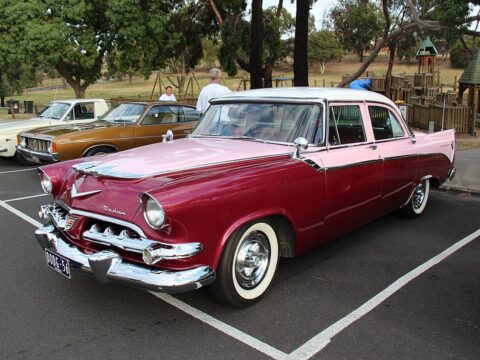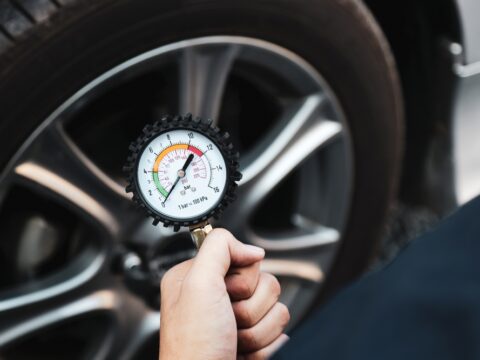Storing items in the garage is a common practice for many homeowners, but not everything belongs in this often unpredictable environment. Temperature fluctuations, moisture, and pests can damage certain belongings or even pose safety hazards. To help you keep your items in good condition and your home safe, here are some things that should never be stored in the garage.
Contents
Propane Tanks
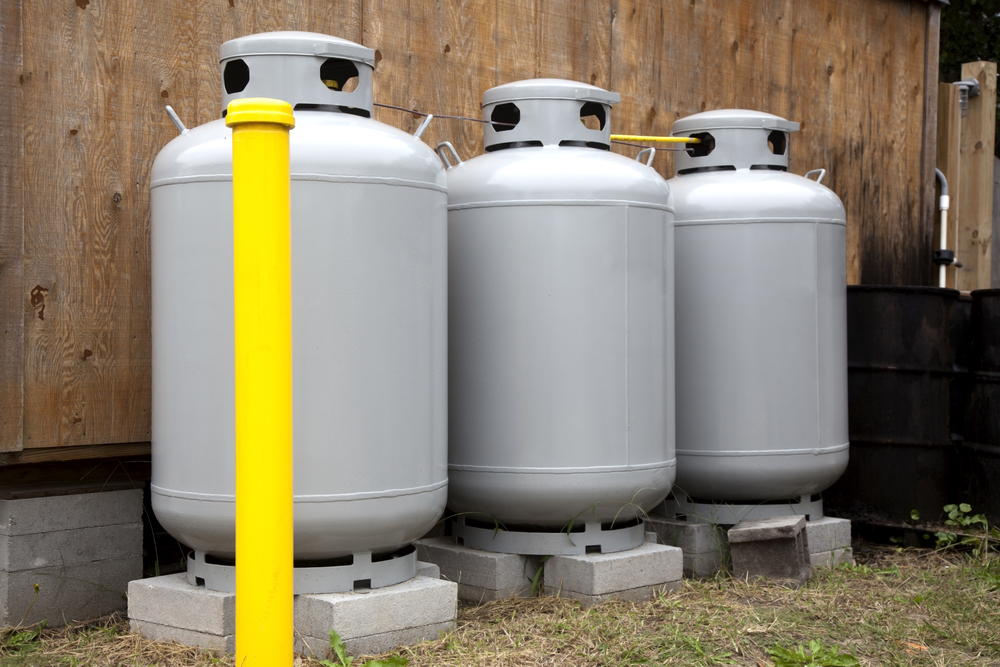
Propane tanks are highly flammable and can pose a significant safety hazard if stored in the garage. The temperature fluctuations can cause the tank to expand and contract, increasing the risk of a leak. A small spark, static electricity, or even a minor collision can ignite the propane, leading to an explosion. It’s best to store propane tanks outside in a well-ventilated area, away from any potential sources of ignition.
Pet Food

Storing pet food in the garage can attract pests such as rodents, insects, and even larger animals. The fluctuating temperatures can also cause the food to spoil or lose its nutritional value. Pet food is best kept indoors in a sealed container to maintain its freshness and prevent any unwanted visitors from feasting on it.
Paint
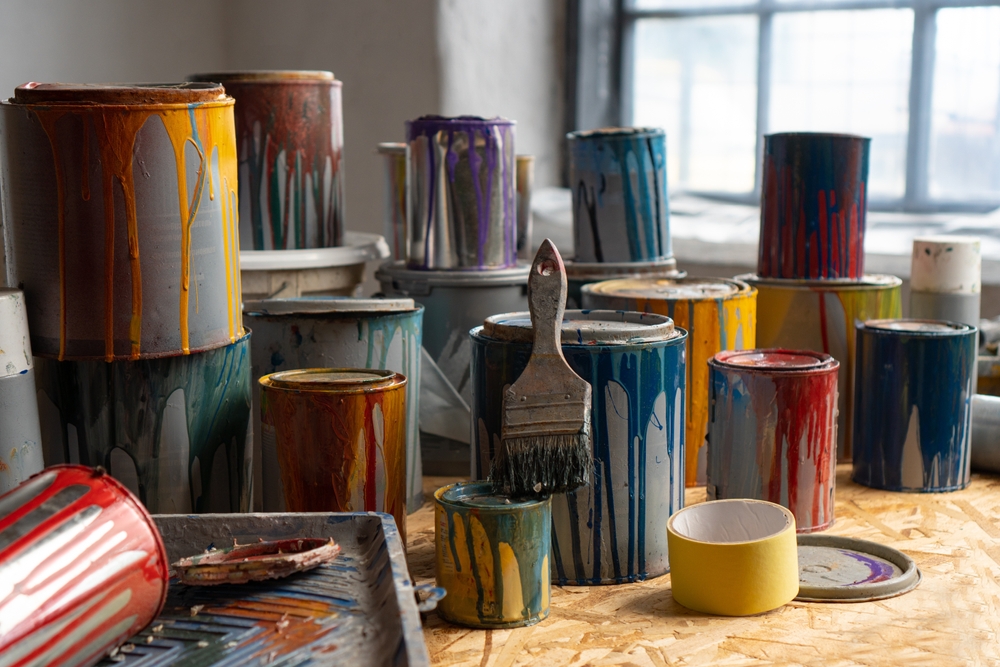
Paint should never be stored in the garage due to temperature fluctuations. Extreme cold can cause the paint to separate and become unusable, while heat can cause it to dry out and thicken. Additionally, moisture in the garage can lead to rust on the paint cans, which might compromise their integrity. Store paint in a cool, dry place inside your home to prolong its shelf life.
Books

Books are highly susceptible to damage from humidity and temperature changes, common in garages. Moisture can cause the pages to warp and grow mold, while temperature fluctuations can make the paper brittle and prone to yellowing. Store books indoors in a controlled environment to preserve their condition and prevent damage.
Firewood
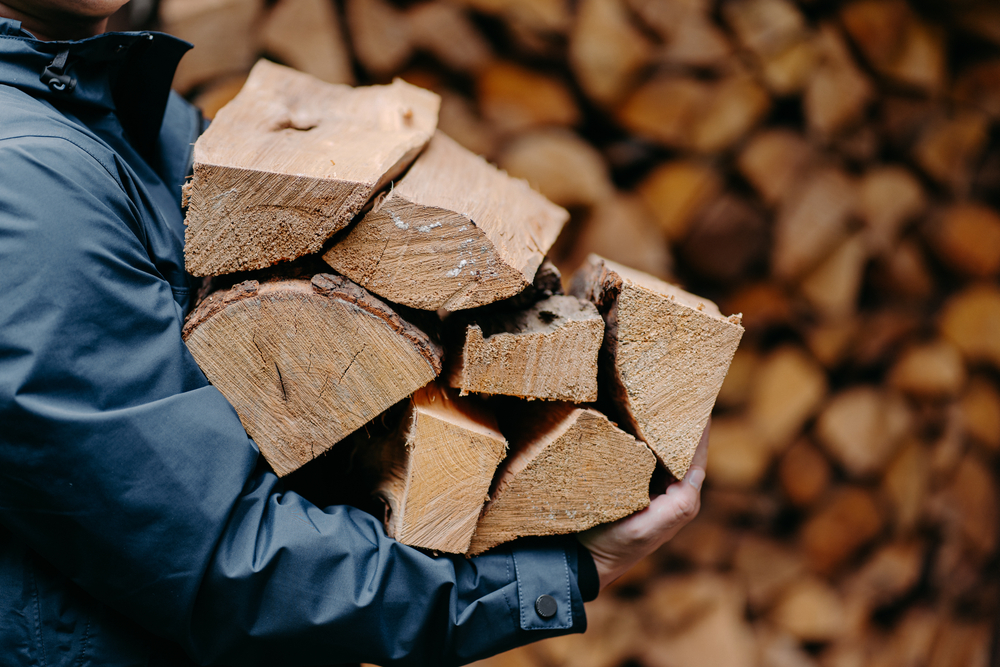
Storing firewood in the garage can invite pests like termites, ants, and rodents into your home. These pests can damage not only the firewood but also other items stored in the garage. Additionally, firewood can hold moisture, leading to mold growth and unpleasant odors. It’s best to store firewood outside, elevated off the ground, and covered to keep it dry.
Wine

Wine should be stored in a stable, cool environment with consistent humidity. The fluctuating temperatures in a garage can spoil the wine by causing it to age prematurely or develop off-flavors. Additionally, exposure to light can degrade the quality of the wine. Store wine in a dedicated wine cellar or a climate-controlled area inside your home to maintain its quality.
Carpeting
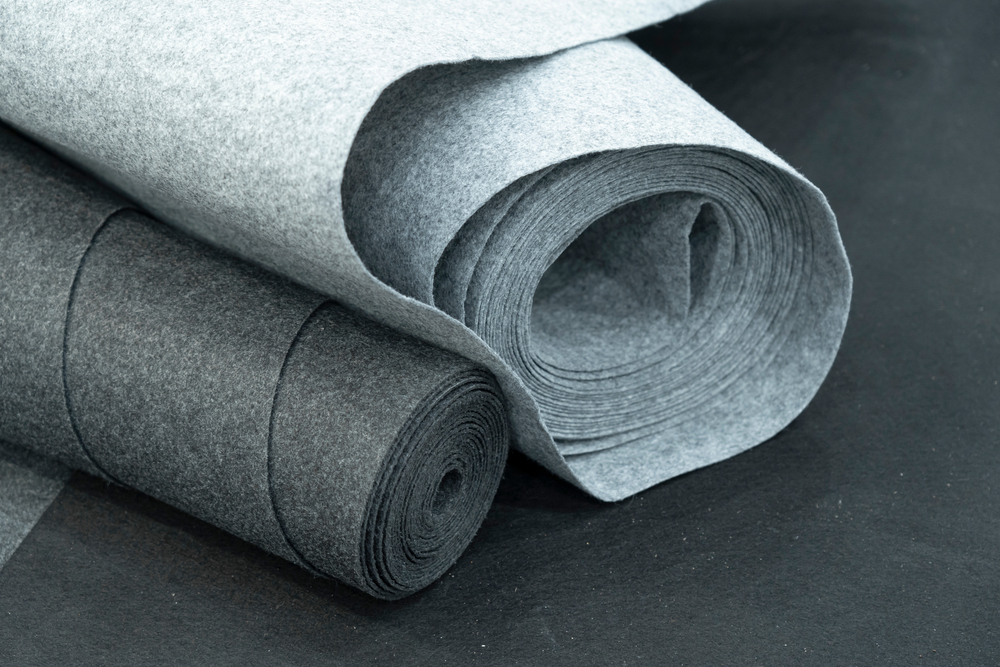
Carpeting should not be stored in the garage due to the risk of moisture damage and pest infestation. Damp conditions can lead to mold and mildew growth, which can ruin the carpet fibers and produce unpleasant odors. Pests like rodents and insects can also nest in rolled-up carpeting, causing further damage. Store carpeting in a dry, indoor space to keep it safe.
Refrigerator
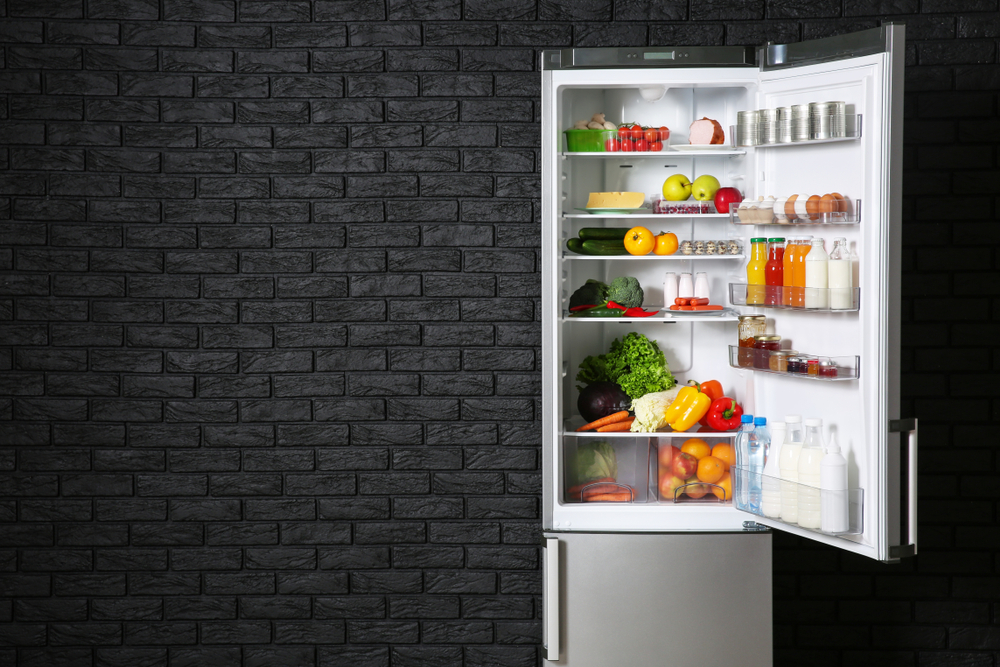
While it might seem convenient, a refrigerator in the garage can struggle to maintain the correct temperature due to the lack of climate control. In hot weather, it has to work harder to stay cool, increasing energy consumption. In cold weather, it may not work efficiently, leading to food spoilage. It’s better to place your refrigerator in a climate-controlled area.
Wood

Storing wood in the garage can expose it to moisture, leading to warping, cracking, or mold growth. Wood is also susceptible to pest infestations, such as termites and carpenter ants, which can damage the wood and potentially spread to other parts of your home. Keep wood in a dry, indoor location to preserve its condition.
Important Documents

Important documents can be damaged by moisture, pests, and temperature fluctuations in the garage. Humidity can cause paper to warp and develop mold, while extreme temperatures can make it brittle and fragile. Pests like rodents and insects can chew through paper, destroying valuable information. Store important documents in a safe, climate-controlled area inside your home.
Oily Rags
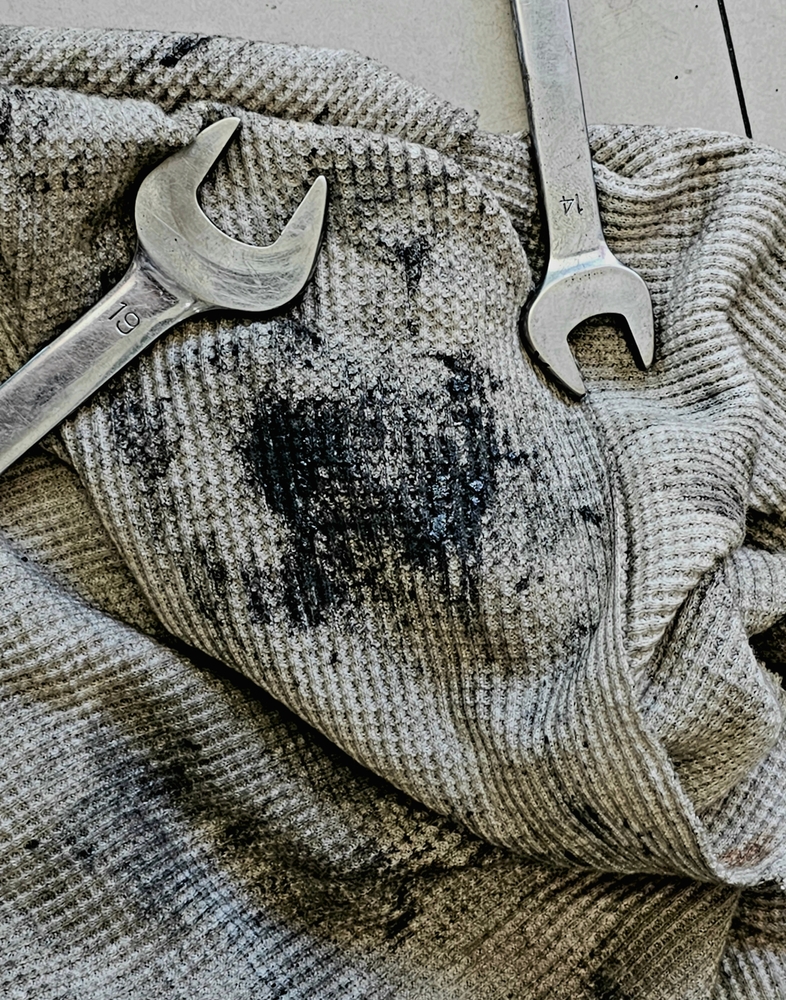
Oily rags are a significant fire hazard when stored in the garage. They can spontaneously combust due to the heat generated by the oxidation process of the oils. This can lead to a dangerous fire that can quickly spread. It’s crucial to store oily rags in a metal container with a tight-fitting lid, away from any flammable materials, or dispose of them properly.
Sleeping Bags
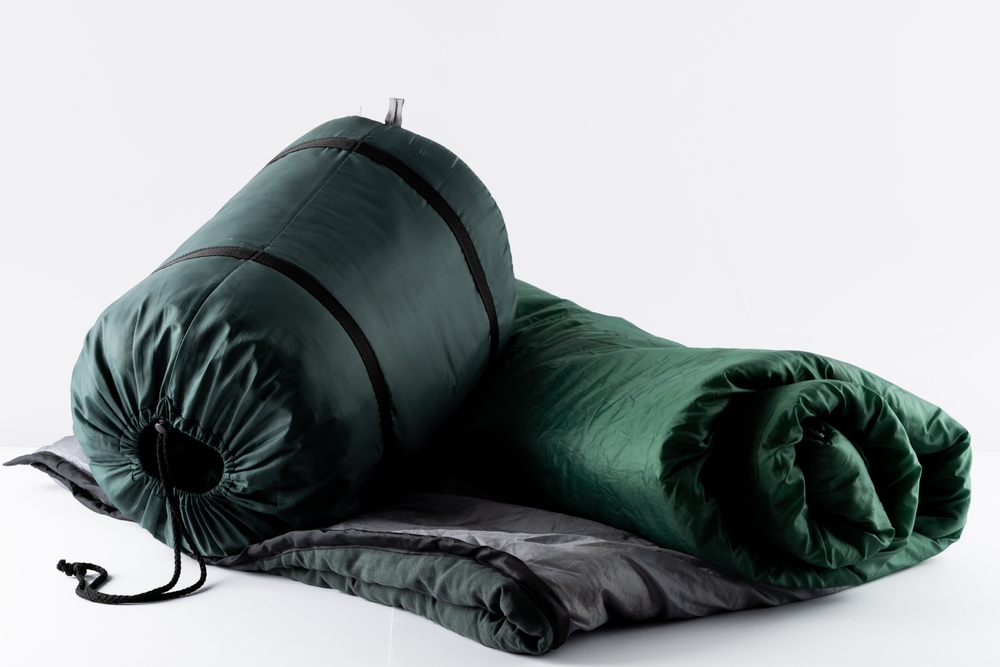
Sleeping bags should not be stored in the garage due to the risk of moisture damage and pest infestations. Humidity can cause mold and mildew to grow on the fabric, while pests like rodents can chew through the material, rendering the sleeping bag unusable. Store sleeping bags in a dry, indoor location to maintain their integrity.
Electronics

Electronics are highly sensitive to temperature fluctuations and humidity, both of which are common in garages. These conditions can cause internal components to corrode or short-circuit, leading to malfunction or permanent damage. It’s best to store electronics in a climate-controlled environment to ensure their longevity and functionality.
Leather Goods

Leather goods can be damaged by the fluctuating temperatures and humidity levels in a garage. Moisture can cause mold and mildew to grow on the leather, while extreme heat can dry it out and cause cracking. Store leather items indoors in a cool, dry place to keep them in good condition.
Musical Instruments

Musical instruments are highly susceptible to damage from temperature and humidity changes. Wood can warp, metal can corrode, and strings can lose their tension, all of which can affect the sound quality and playability of the instrument. It’s crucial to store musical instruments in a stable, climate-controlled environment to preserve their quality and functionality.
Canned Food
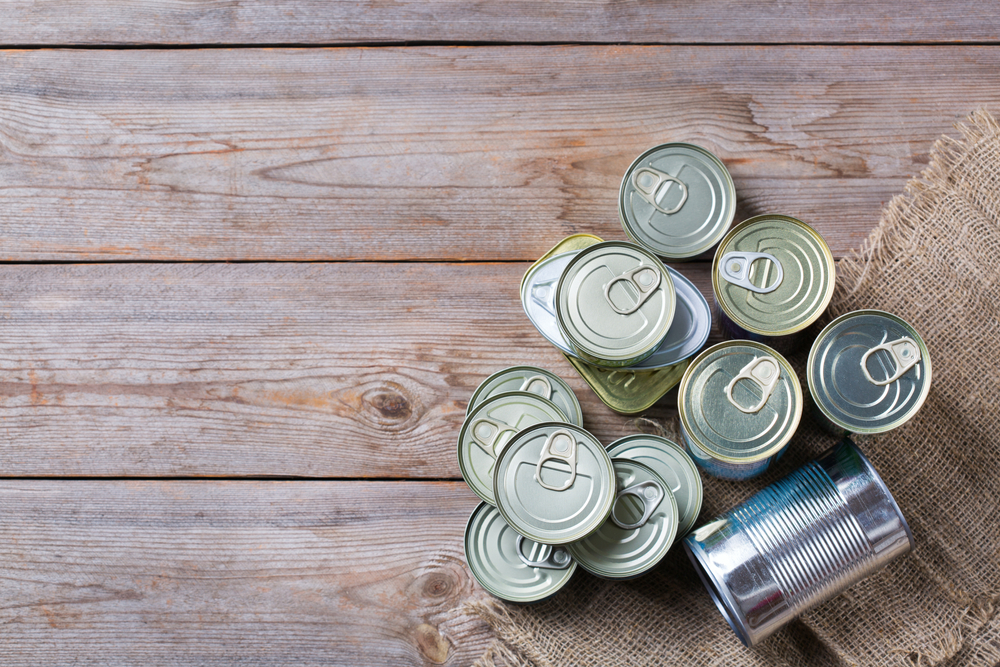
Canned food should not be stored in the garage due to temperature fluctuations that can cause the contents to spoil or degrade in quality. Extreme heat can cause cans to swell and burst, while cold temperatures can cause the food to freeze and expand, potentially compromising the seal. It’s best to store canned food in a cool, dry place inside your home to ensure it remains safe to eat.
Clothing
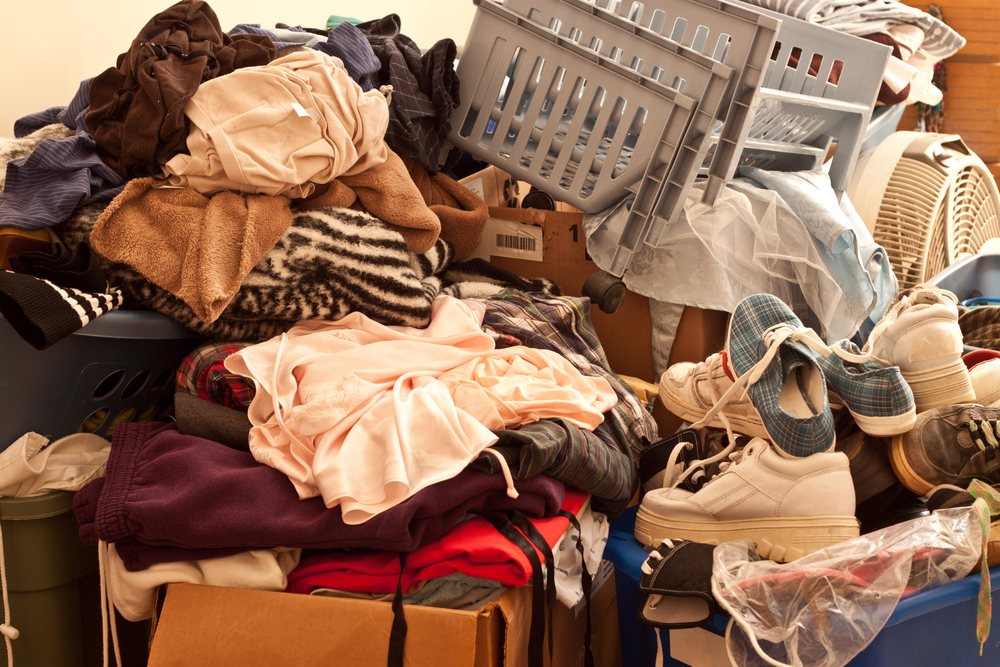
Storing clothing in the garage exposes it to moisture, pests, and extreme temperatures. Moisture can lead to mold and mildew growth, while pests like moths and rodents can damage the fabric. Additionally, fluctuating temperatures can cause the fibers to degrade over time. Keep clothing in a dry, climate-controlled area to preserve its condition.
Photographs

Photographs are highly sensitive to environmental conditions. Temperature fluctuations and humidity in the garage can cause them to warp, fade, or develop mold. Additionally, pests can chew through photo albums or loose photographs. Store photographs in a stable, climate-controlled environment to protect them from damage and ensure they last for years to come.
Antiques
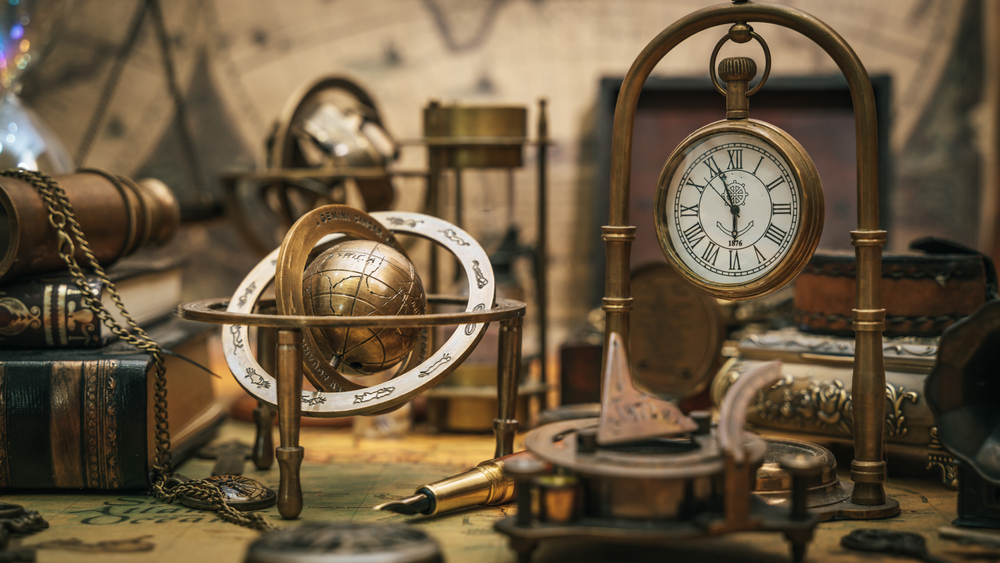
Antiques, including furniture, collectibles, and heirlooms, should not be stored in the garage. The extreme temperatures and humidity can cause wood to warp, metal to rust, and fabrics to degrade. Additionally, pests can damage delicate items. It’s best to keep antiques in a controlled indoor environment to preserve their condition and value.
Medications

Medications should never be stored in the garage because temperature fluctuations can alter their effectiveness and safety. Heat and cold can cause chemical changes in medications, potentially making them less effective or even dangerous. Store medications in a cool, dry place inside your home, away from direct sunlight and moisture.
Cosmetics

Cosmetics, including makeup and skincare products, can be damaged by the temperature extremes in a garage. Heat can cause them to melt or separate, while cold can make them hard and unusable. Additionally, moisture can lead to mold and bacterial growth. Keep cosmetics in a climate-controlled area to maintain their quality and safety.
Fertilizers and Pesticides
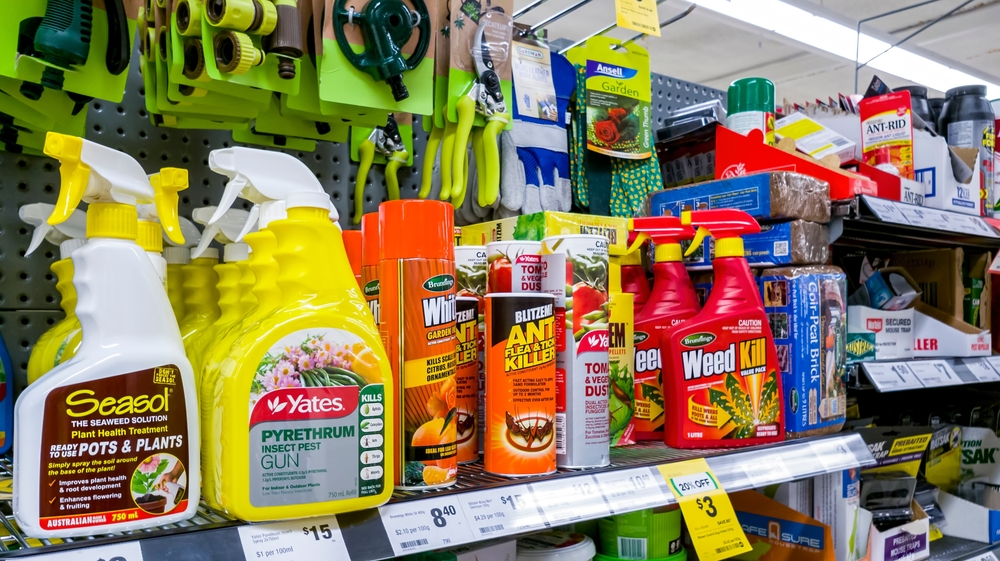
Fertilizers and pesticides should not be stored in the garage due to the risk of chemical reactions caused by temperature fluctuations. These chemicals can become volatile or degrade, making them less effective or even hazardous. Store them in a dedicated, well-ventilated outdoor storage unit designed for chemicals to ensure safety.
Candles
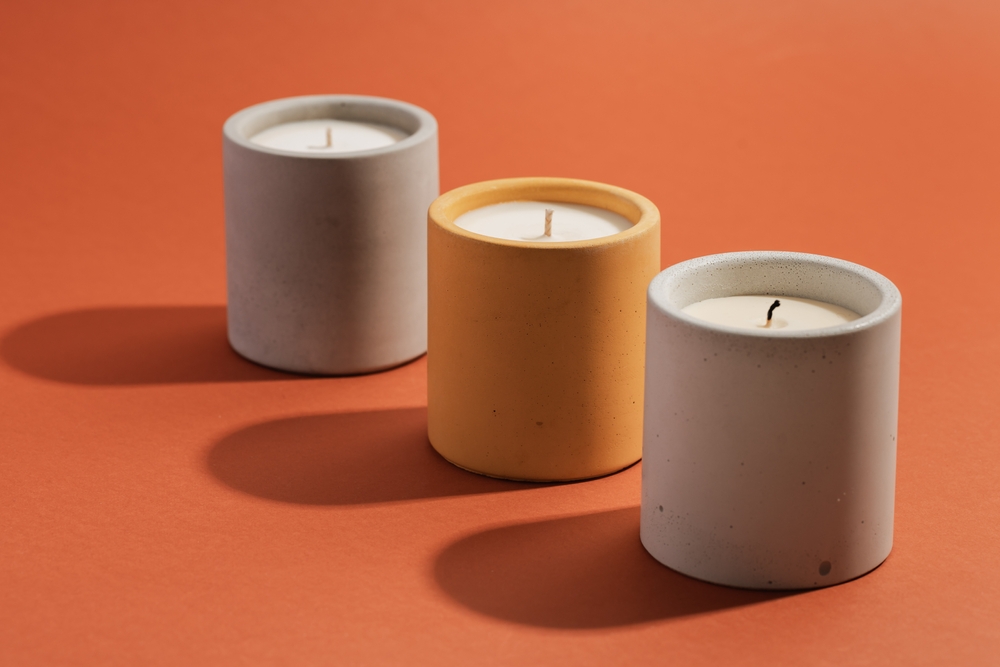
Candles can melt in the high temperatures often found in garages during the summer months. This can cause them to lose their shape and functionality. Additionally, fluctuating temperatures can affect the scent and quality of the wax. Store candles in a cool, stable environment to preserve their condition.
This article originally appeared on MyCarMakesNoise.
More from MyCarMakesNoise
13 Most Disappointing Luxury Cars of the Past Decade

When it comes to luxury cars, expectations are always high. Buyers anticipate top-notch performance, cutting-edge technology, and impeccable design. Read More.
15 Most Reliable Trucks for Heavy-Duty Work

When it comes to heavy-duty work, having a reliable truck is essential. The demands of towing, hauling, and navigating tough terrains require a vehicle that can withstand intense pressure and maintain peak performance. Read More.
15 of Toyota`s Most Collectible Cars

Toyota’s rich automotive history is filled with iconic models that have captivated enthusiasts and collectors alike. From groundbreaking sports cars to versatile off-road vehicles, Toyota has consistently pushed the boundaries of design and performance. Read More.


